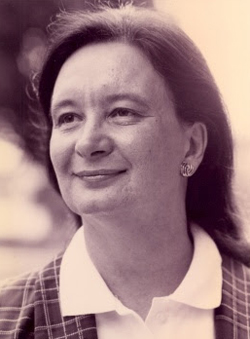
Your complimentary articles
You’ve read all of your complimentary articles for this month. To have complete access to the thousands of philosophy articles on this site, please
If you are a subscriber please sign in to your account.
To buy or renew a subscription please visit Subscriptions.
If you are a print subscriber you can contact us to create an online account.
Interview
The Post-Truth Kerfuffle
Susan Haack, who is Distinguished Professor in the Humanities, Cooper Senior Scholar in Arts & Sciences, Professor of Philosophy, and Professor of Law, at the University of Miami, talks with Angela Tan about how and when we know.
Professor Haack, you’ve argued that the proliferation of falsehoods and half-truths fosters a “deep-seated mistrust of everything others tell us.” How do you see this erosion of trust affecting how people engage with truth claims in everyday life? And in contexts where skepticism is both necessary and potentially corrosive, how can we encourage more careful discernment of truth without undermining meaningful communication?

I’m glad to see you understand that the ‘post-truth’ claim is both a claim about the proliferation of lies, half-truths, and so on, and a claim about the disillusionment with the concept of truth that this has engendered in some people. Sad to say, some in mainstream neo-analytic philosophy have used the post-truth idea as an excuse to argue and re-argue their old disputes about which kind of theory of truth is preferable, the minimalist or the substantialist. But this is not the key issue.
…









